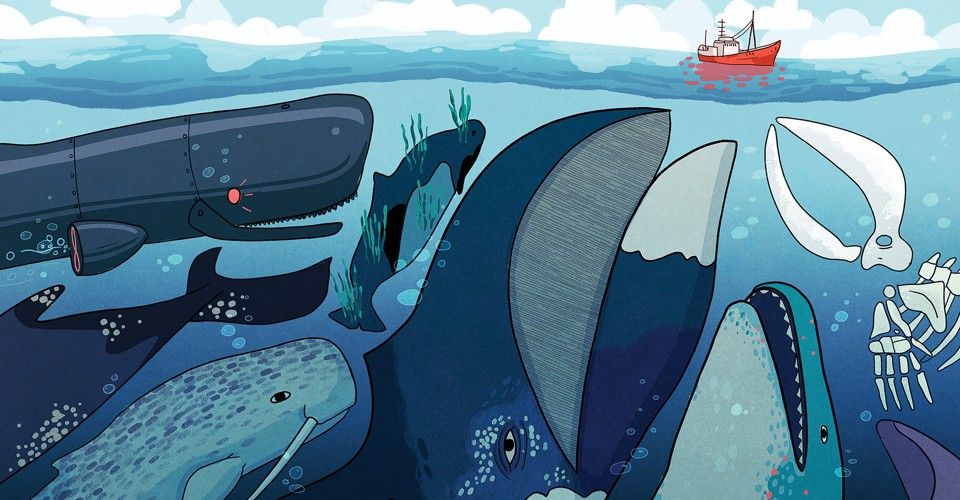How technology has changed the way we look at whales—and ourselves.



Would you want to create a better version of yourself? #clones


Risks of sudden sigularities:
The article is dedicated to one of the most undeservedly overlooked properties of the cosmological models: the behaviour at, near and due to a jump discontinuity. It is most interesting that while the usual considerations of the cosmological dynamics deals heavily in the singularities produced by the discontinuities of the second kind (a.k.a. the essential discontinuities) of one (or more) of the physical parameters, almost no research exists to date that would turn to their natural extension/counterpart: the singularities induced by the discontinuities of the first kind (a.k.a. the jump discontinuities). It is this oversight that this article aims to amend.


